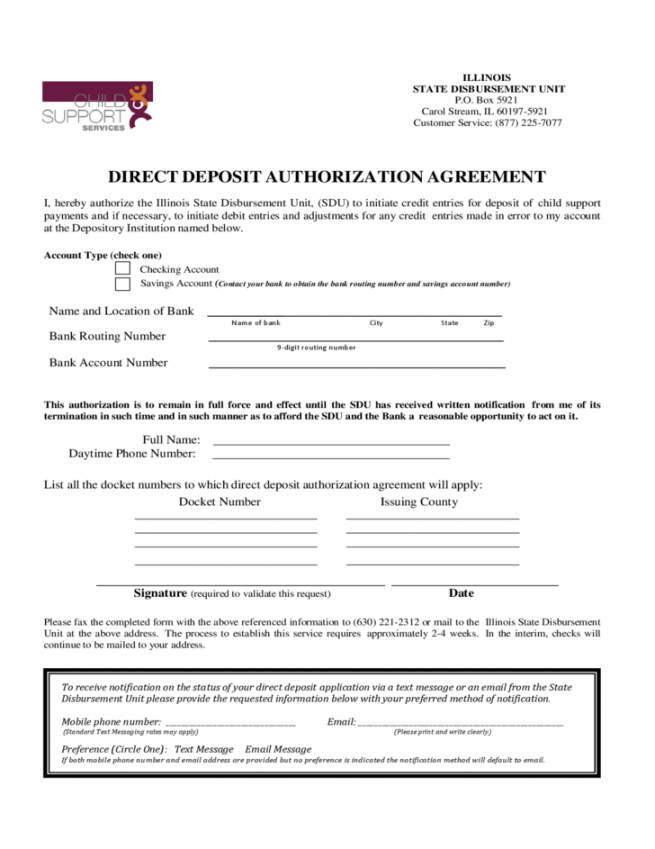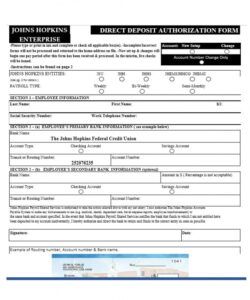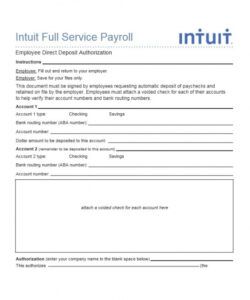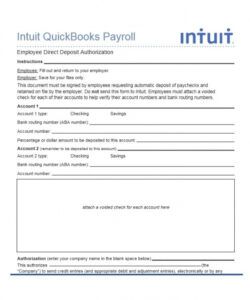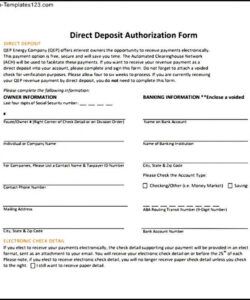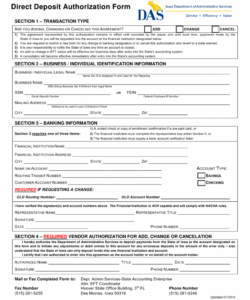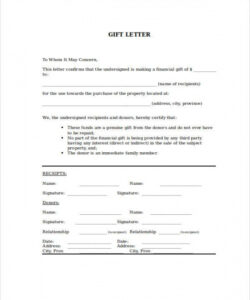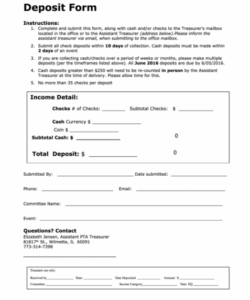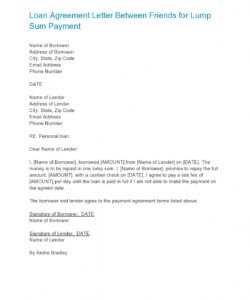Authorization agreement for direct deposit template, One of the best challenges of real estate wholesalers now is finding all of the deposit cash they need in addition to the need to protect that money once deposits are created. Whether it’s coming up with the initial earnest money deposit for your very first property deal to break into investing or attempting to find enough cash for numerous deposits to make more scale and offers fast to take advantage of their current housing market, this is one of the very best loopholes recorded by aspiring investors.
It’s common to find people disinterested in lieu of Deposits or CDs. Many people don’t realize that there’re several investment options which fall between the range of savings account and stock industry. Such choices often offer guaranteed returns on investment and also don’t need a large capital for investment. Certificates of Deposits are one of these investments. Certificates of deposit are savings deposit accounts of particular type in which a promissory note is issued by the bank. Technically they’re not investment accounts, but still they provide interest rates higher than the normal savings account. It’ll be better to call these notes”timed deposits” which come with the restriction of not withdrawing the money before maturity. Interest earned is returned to the certification holder on maturity of CD. Interest may be compounded daily, monthly or yearly depending on the kind of CD that you choose.
As landlord / tenant issues are among the most common legal questions I receive from friends, I’d love to go over rights and responsibilities regarding security deposits in this informative article. At the end I shall include a sample letter you can send to your landlord for return of your deposit. Please note all info in this post is specific to California law. The laws of your state or authority may differ. Many nations provide renter’s handbooks that would include important laws, or you need to contact an attorney licensed in your jurisdiction for aid.
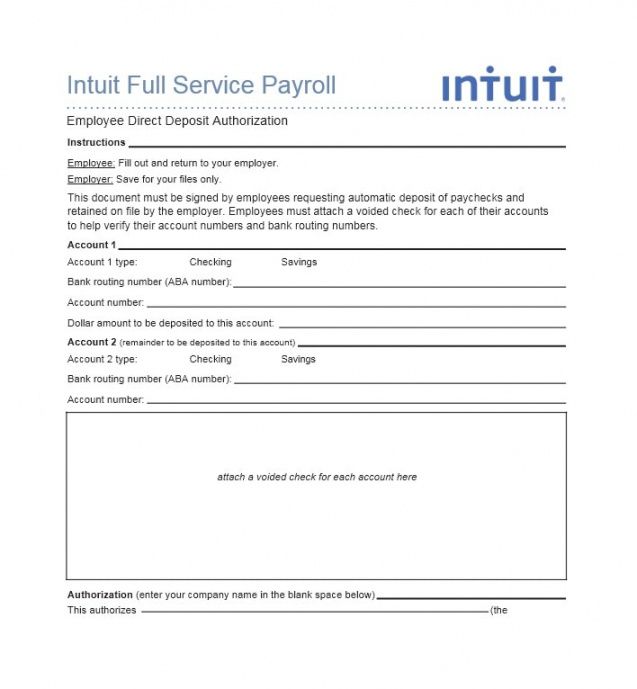
Where the landlord fails to register the bond you will find hefty penalties. The landlord can be required to pay the tenant a sum three times greater than the deposit; or they can have to pay back all rent and a punishment or the landlord may lose the right to evict the tenant from the property the choice on the penalty is taken by the court. Some landlords say they do not take deposits they just ask the tenant to pay two weeks rent beforehand. If the tenant pays rent monthly and the landlord always has a float of one month’s rent this is the same as taking a deposit along with the rules relating to failure to register a deposit will apply.

